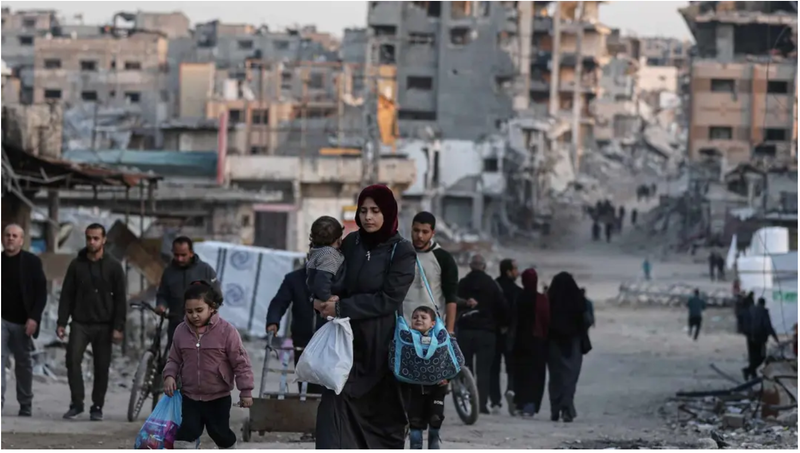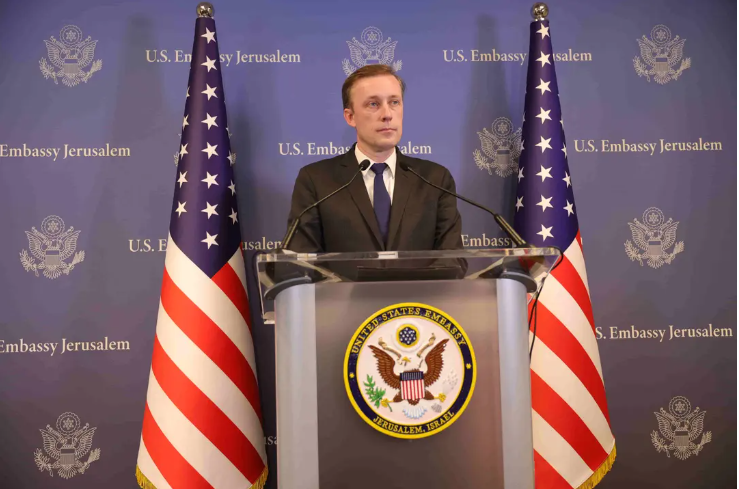Gaza Conflict Takes Center Stage at Eurovision Song Contest
Organizers of the Eurovision Song Contest have expressed their 'regret' after Eric Saade — the 2011 winner from this year's host country, Sweden — performed while wearing a keffiyeh around his wrist, the Arabic shawl which has become synonymous with pro-Palestine protests....
0:00
/1861
Facts
- Organizers of the Eurovision Song Contest have expressed their 'regret' after Eric Saade — the 2011 winner from this year's host country, Sweden — performed while wearing a keffiyeh around his wrist, the Arabic shawl which has become synonymous with pro-Palestine protests.1
- Last week, the European Broadcasting Union (EBU), which organizes the televised extravaganza, said that Palestinian flags, as well as any other political banners or messages, would be banned from the event — citing a need for the contest to remain apolitical.2
- In a statement following Tuesday's performance, the EBU said: 'All performers are aware of the rules of the competition, and we regret that Eric Saade chose to compromise the non-political nature of the event. We are happy to discuss this with him after the live broadcast, if necessary.'1
- The approach differed from the previous year where the flag of Ukraine, winners in 2022, featured heavily in both the Eurovision logo and around the event itself.3
- Participants from Russia and Belarus were also banned from taking part in the contest. This year, organizers faced similar calls to ban Israel due to its military action in Gaza. However, the EBU took no such decision, insisting that 'the situation with Russia is different.'4
- As Israel is a participant, its flag can be openly displayed in the event. So too can the LGBTQ flag — ruled by organizers to be an exception to the ban on political messages.5
Sources: 1Greek City Times, 2Daily Sabah, 3Euronews, 4Algemeiner.com and 5Vox.
Narratives
- Pro-Israel narrative, as provided by Algemeiner.com. There are valid reasons why Israel is allowed to compete in this event while Russia and Belarus are not. Their public broadcasters have repeatedly breached the member obligations of the EBU, while the Israeli broadcaster Kan has not. As such, removing Israel would have been a political decision.
- Pro-Palestine narrative, as provided by Daily Sabah. This is pure hypocrisy from the EBU. In an event about joy and unity, artists should have the ability to not share the stage with those from nations who engage in the killing of children and civilians. The EBU should ban Israel just as it did with Russia.







